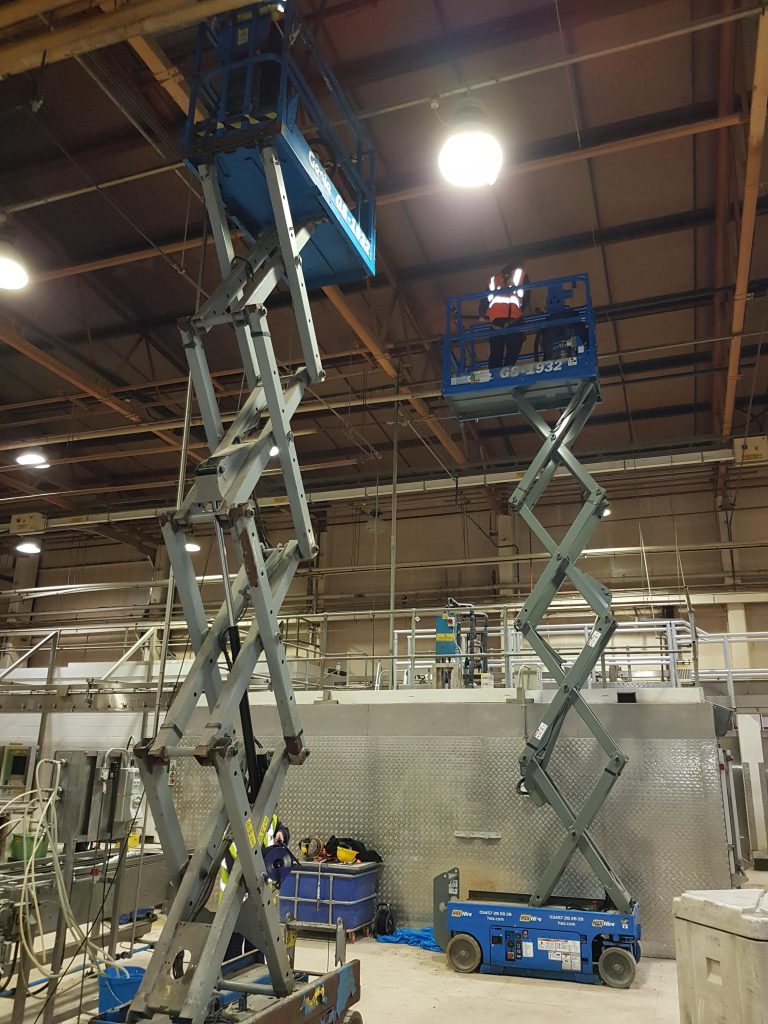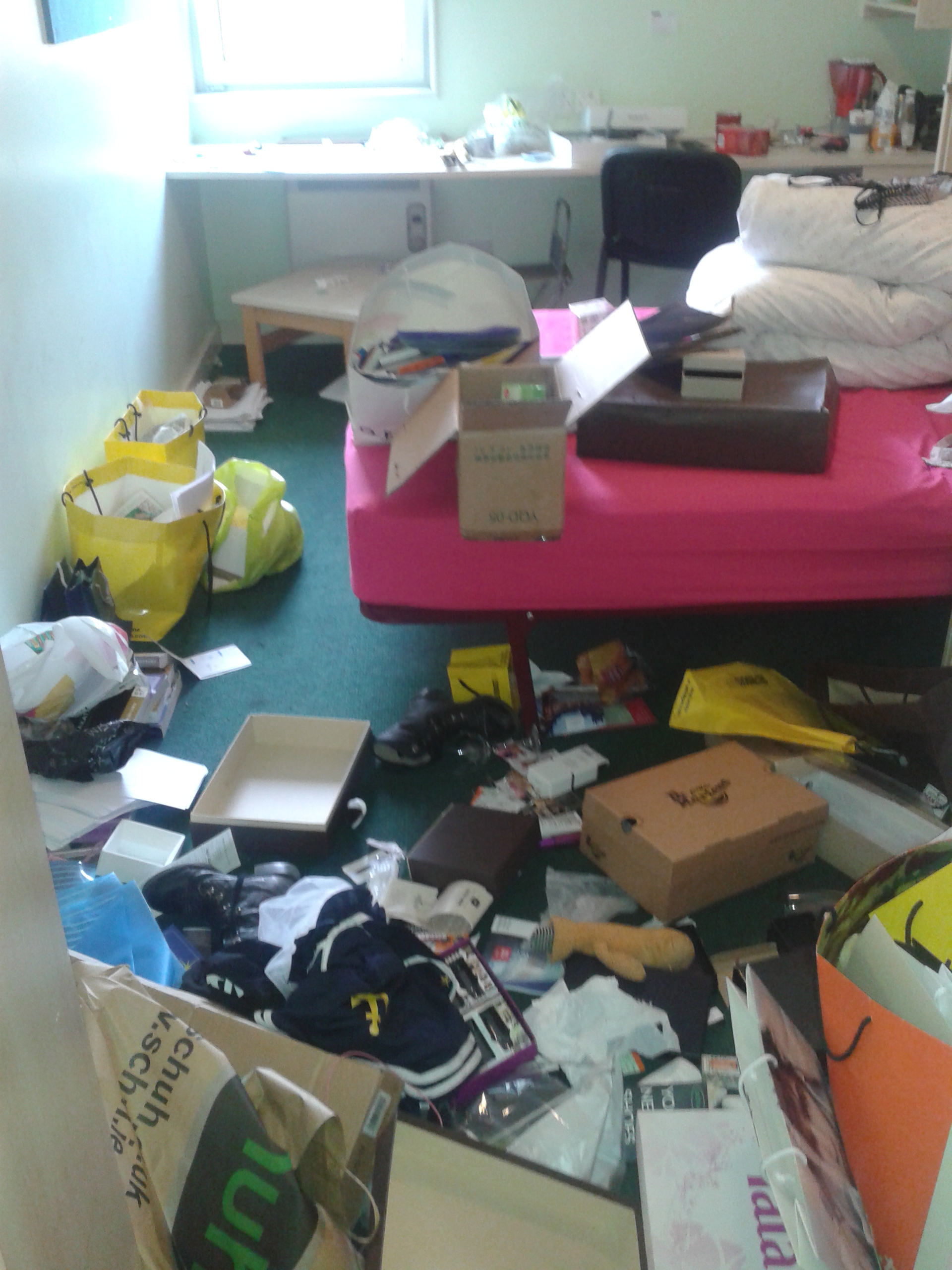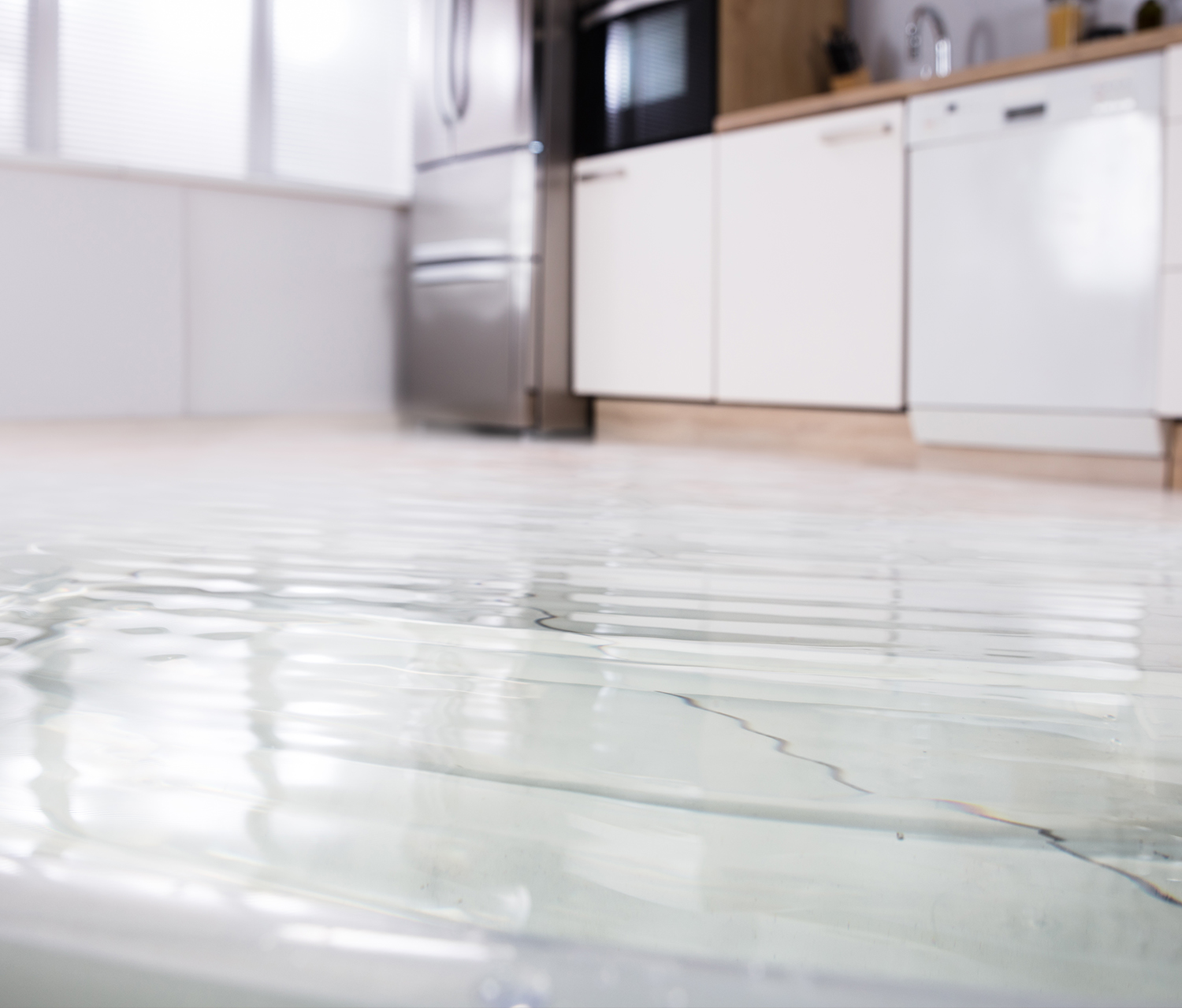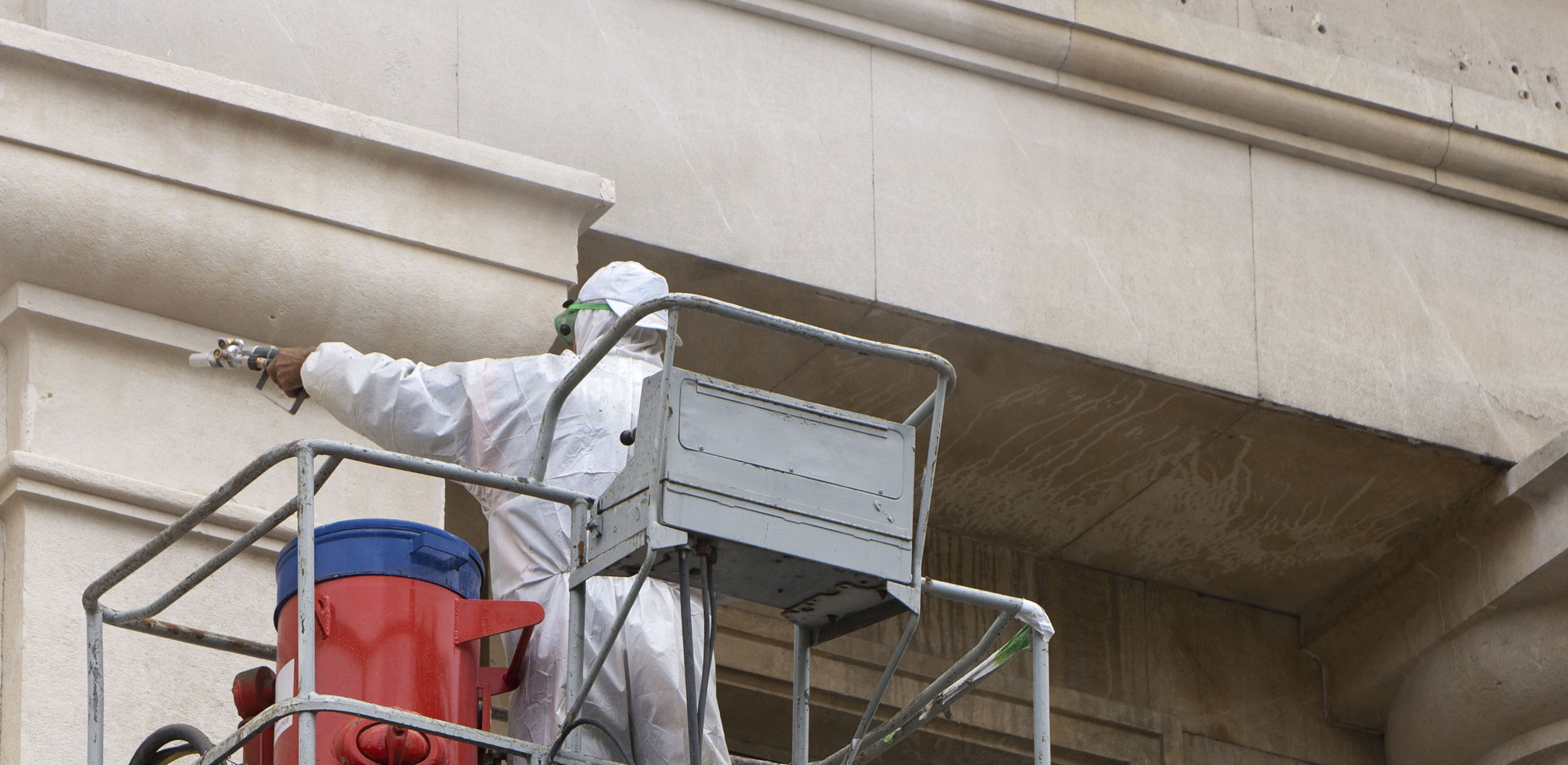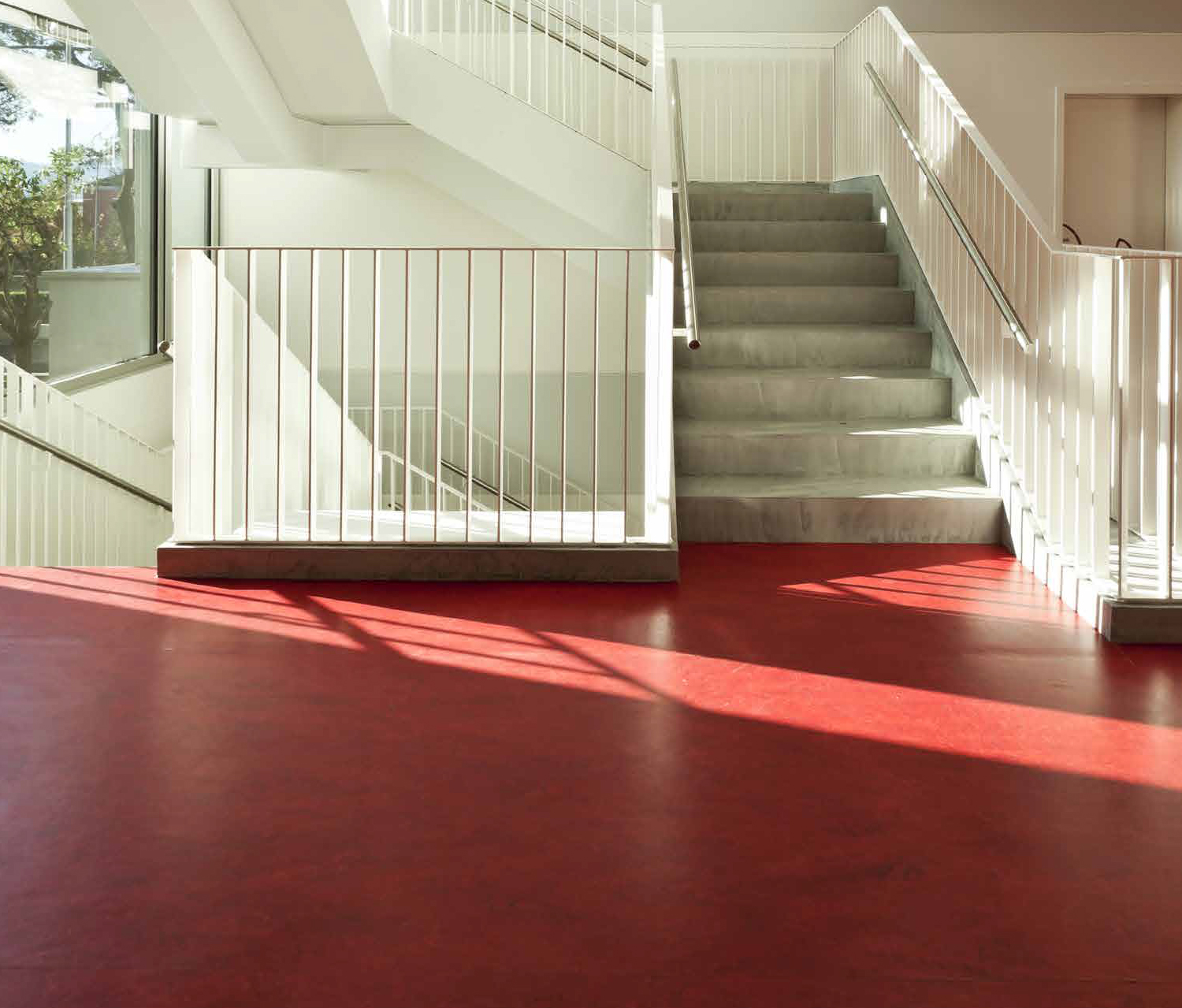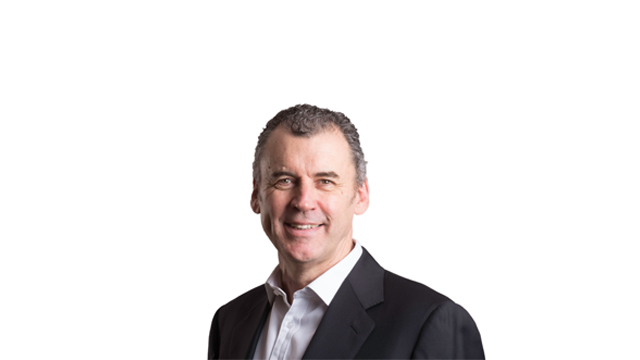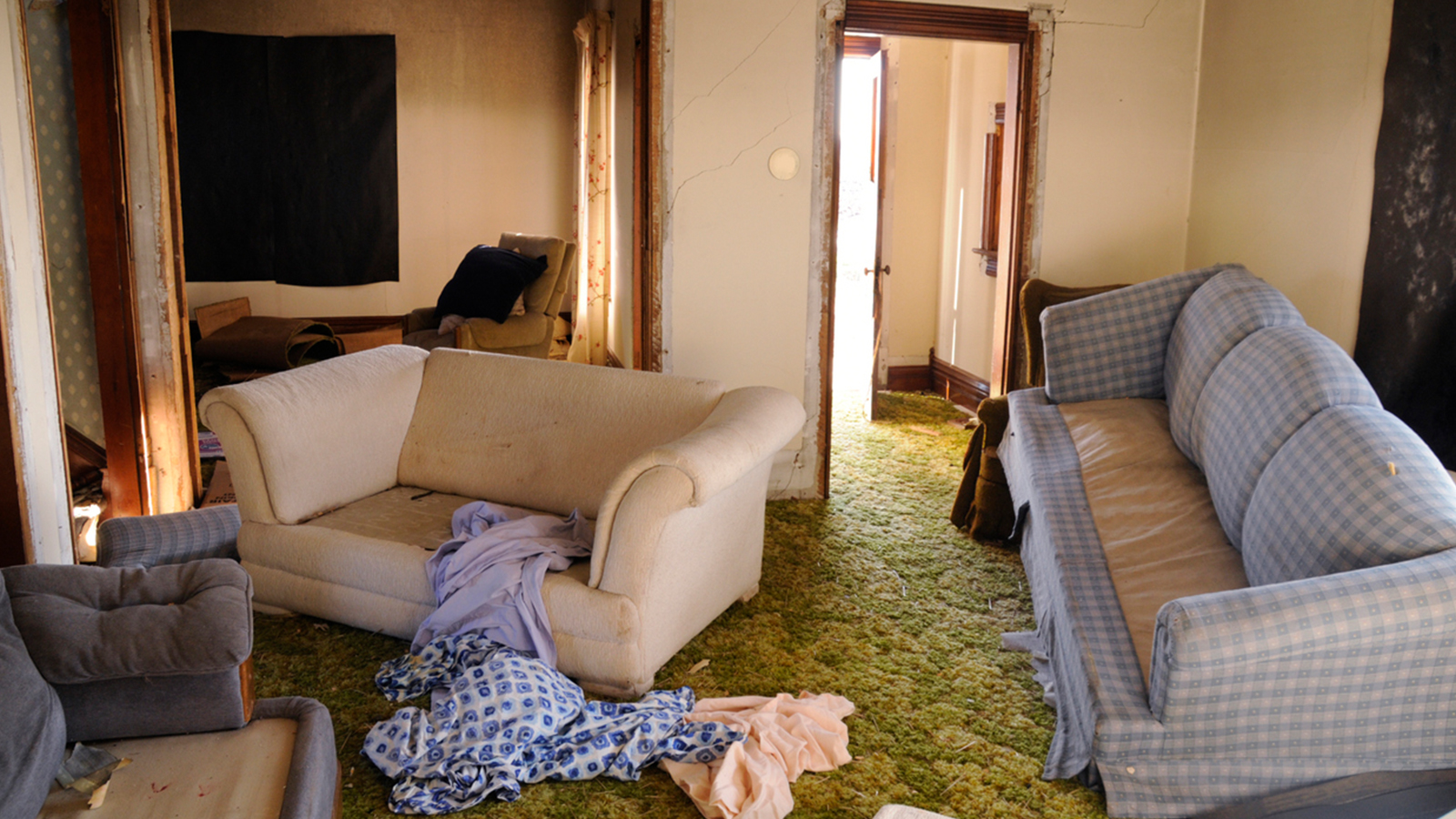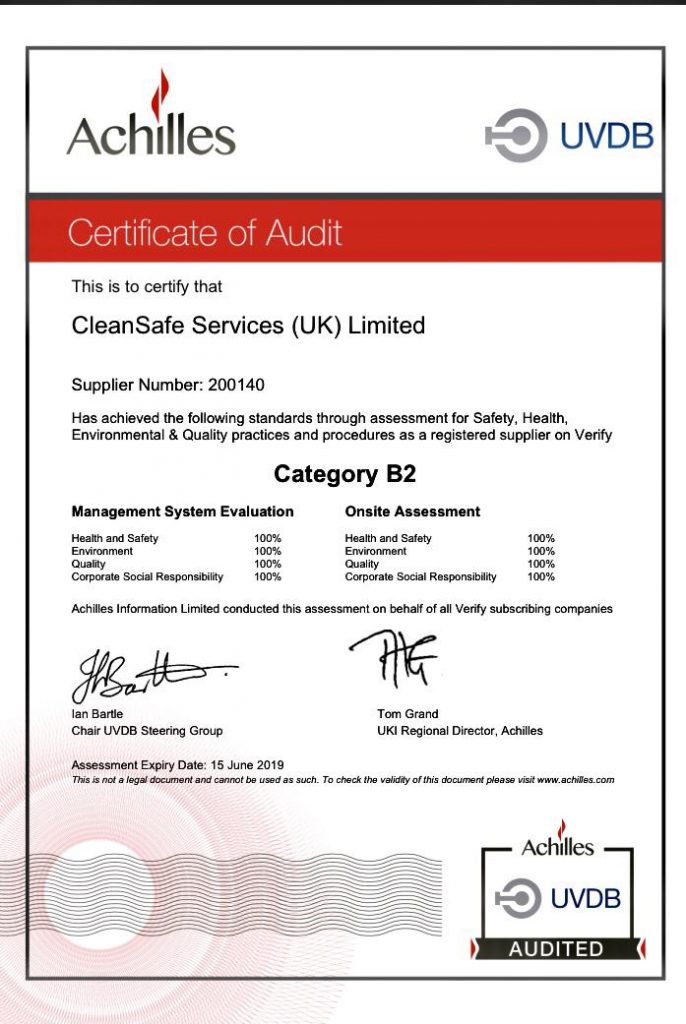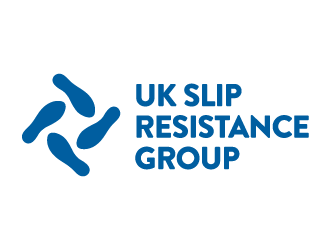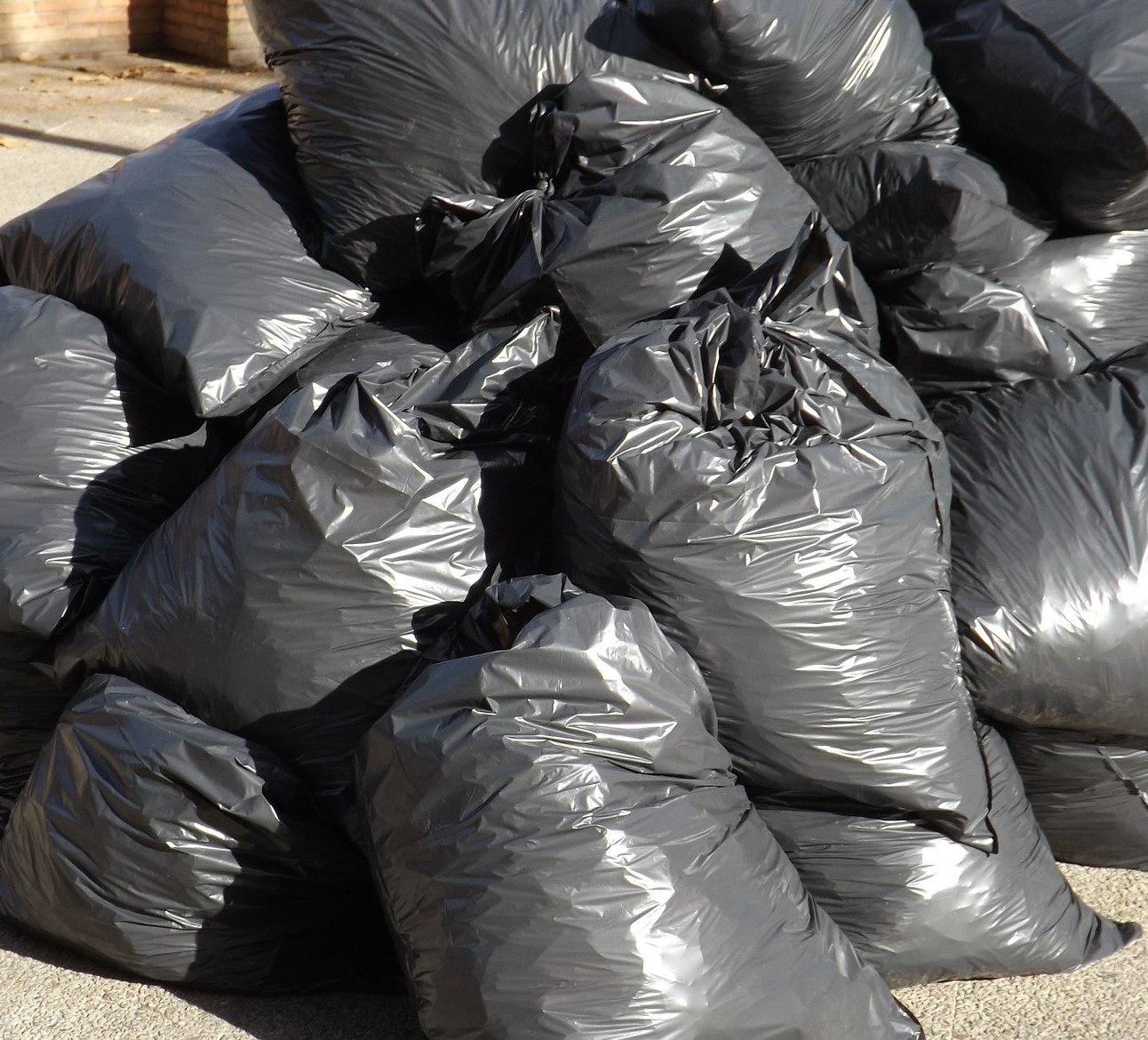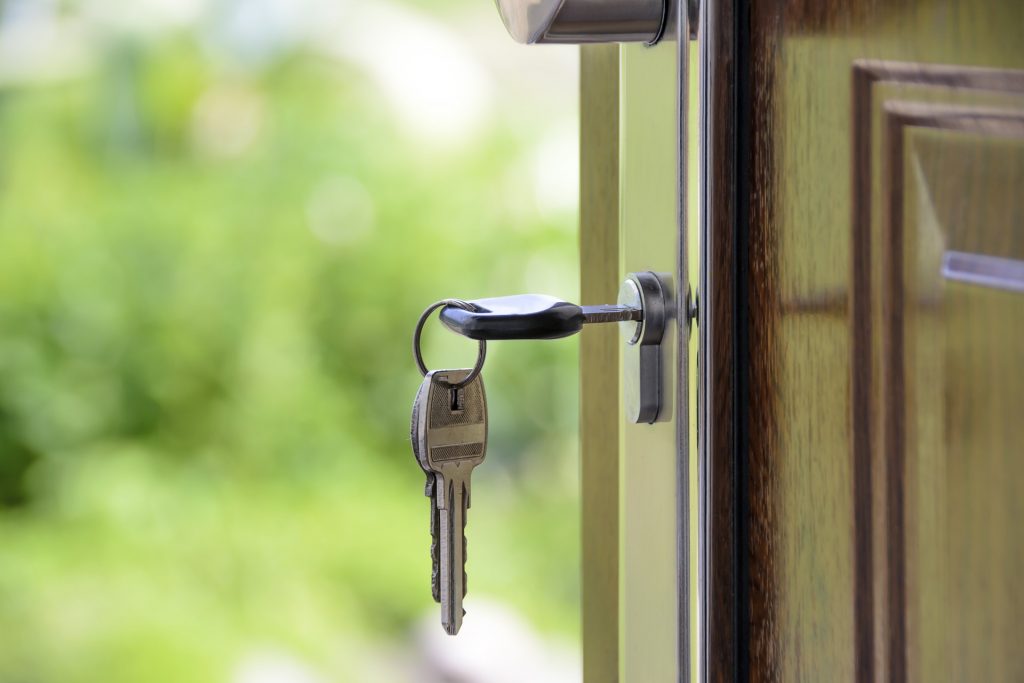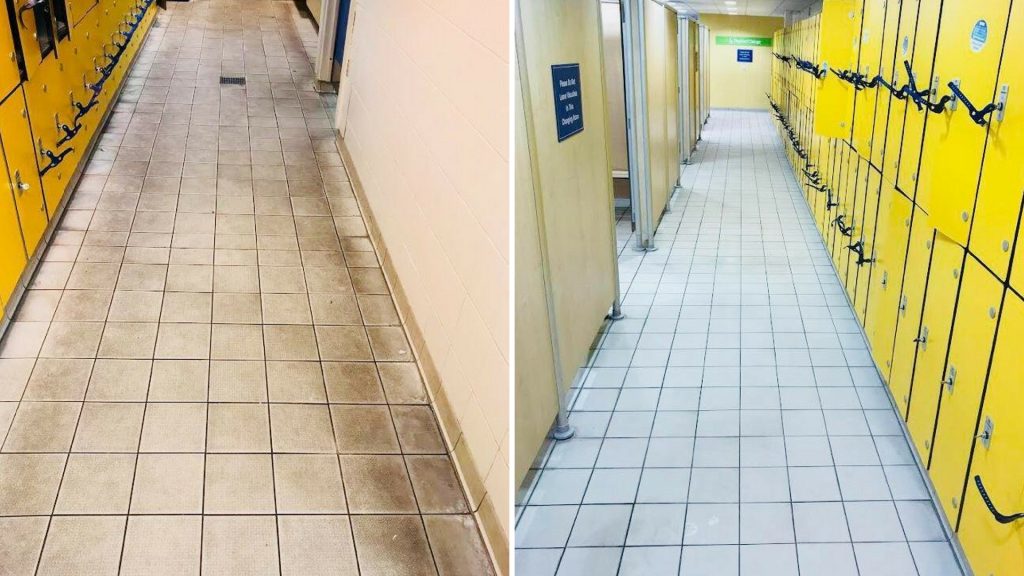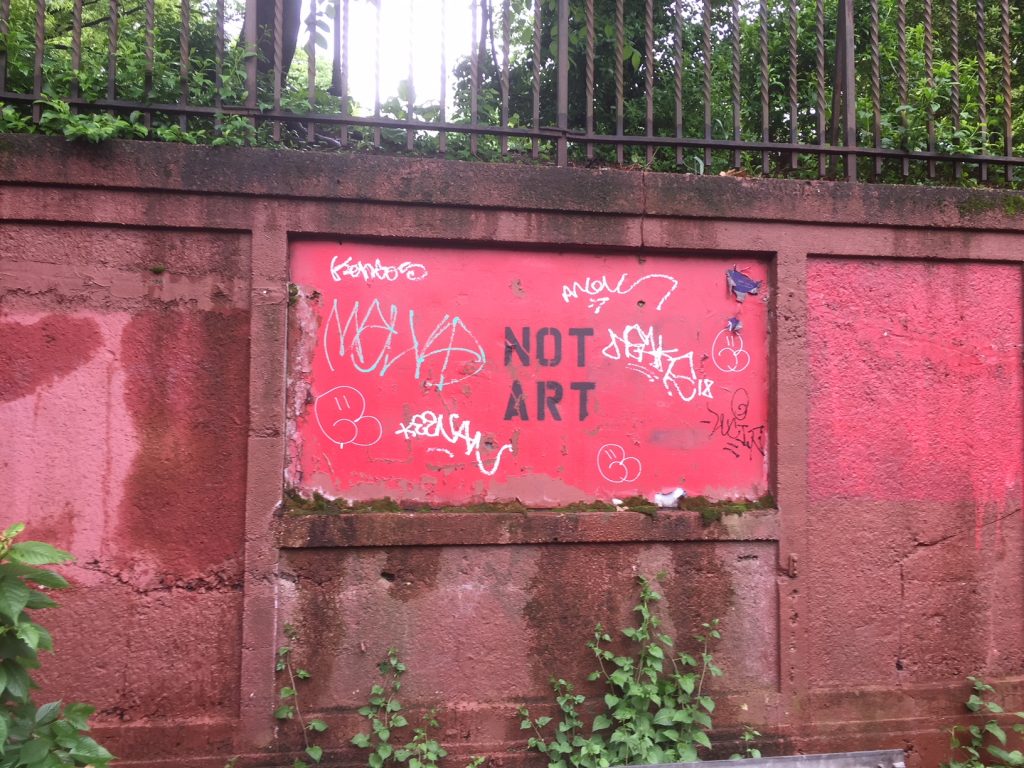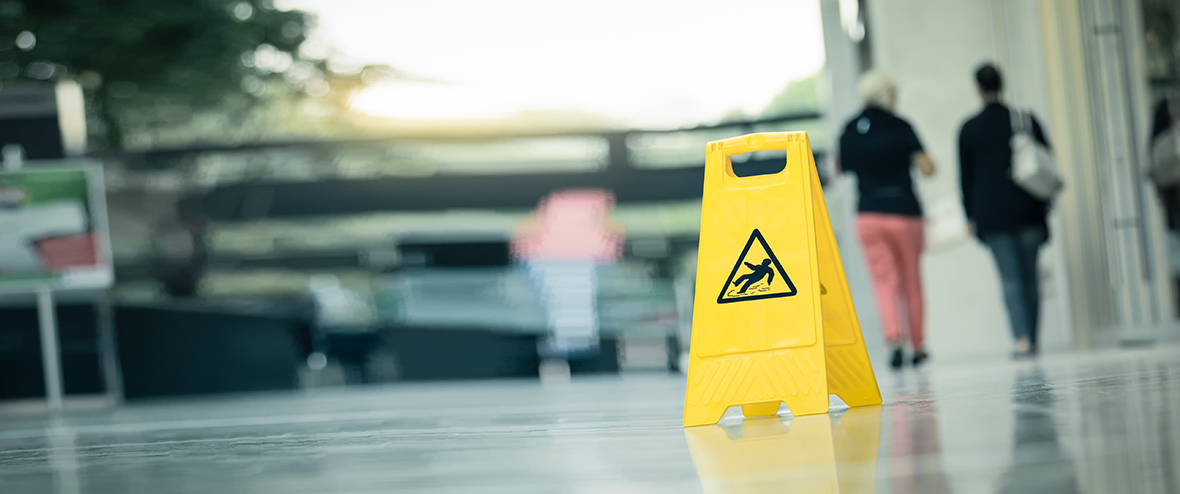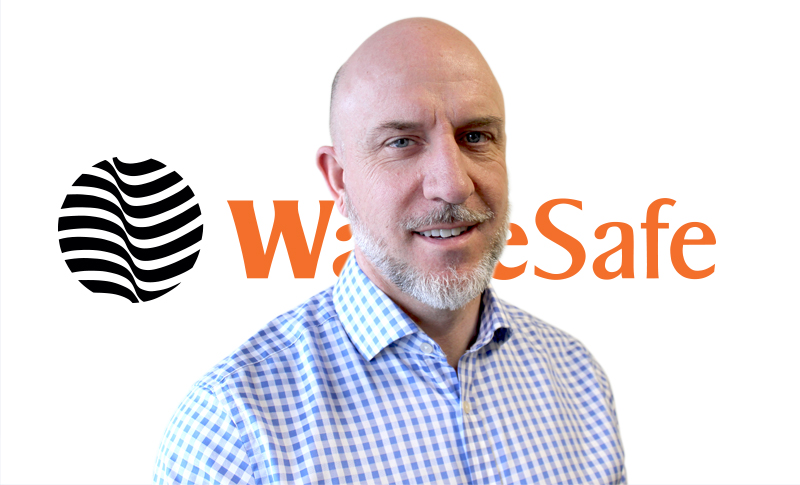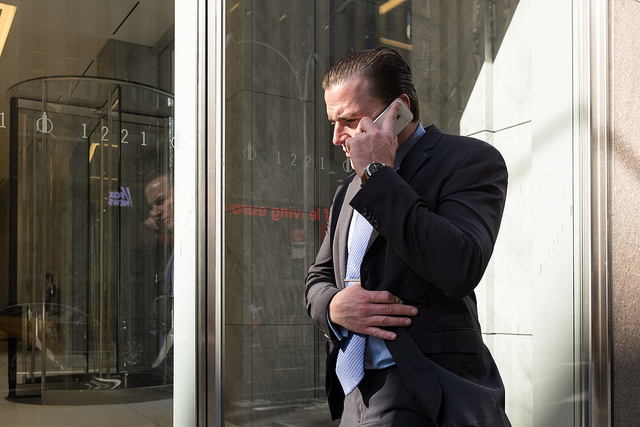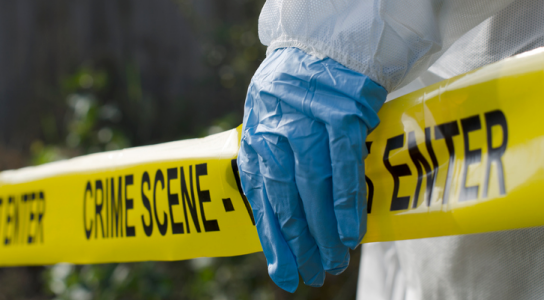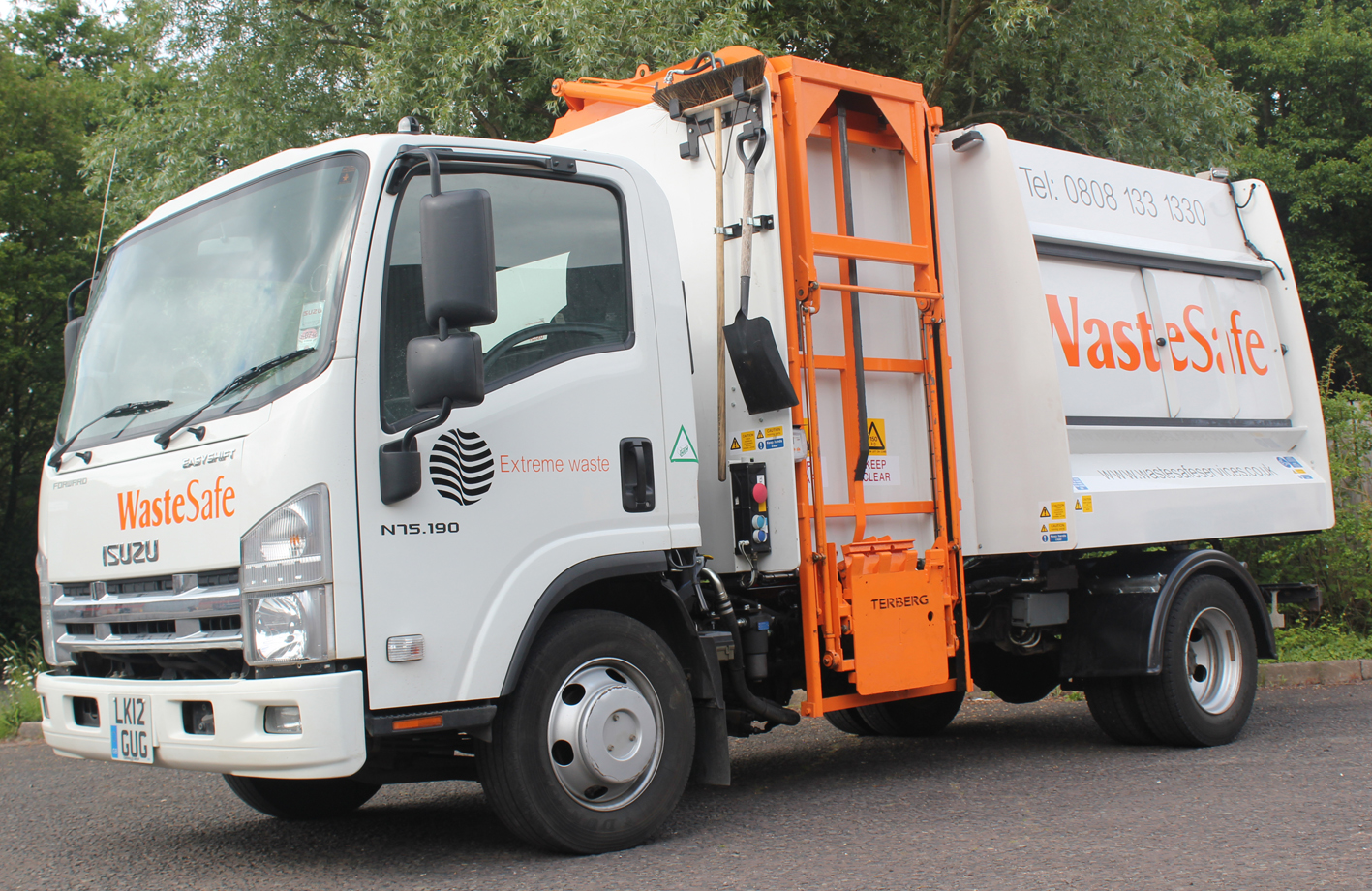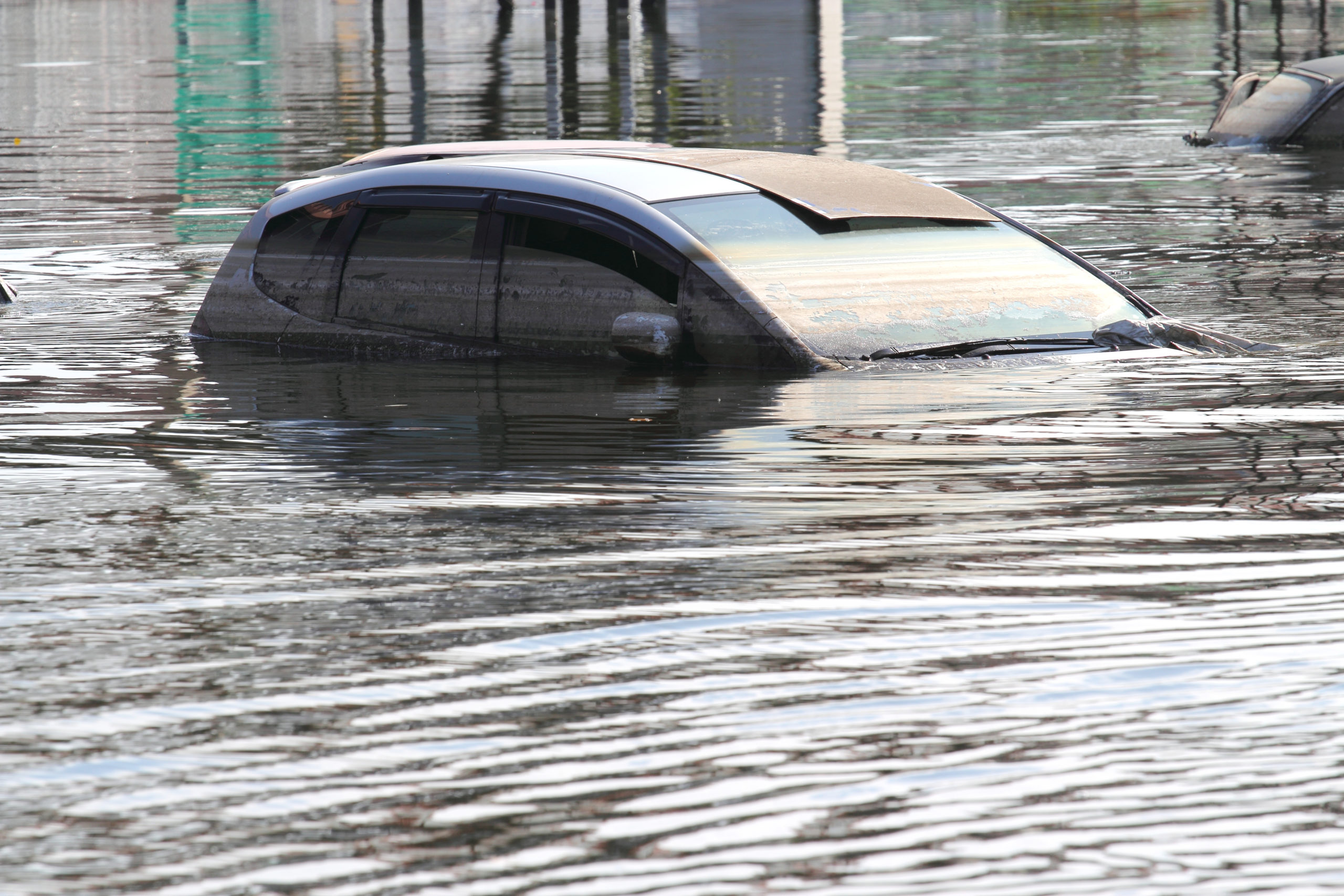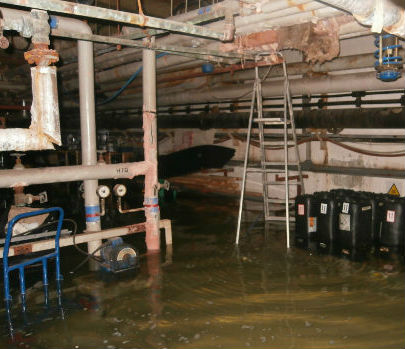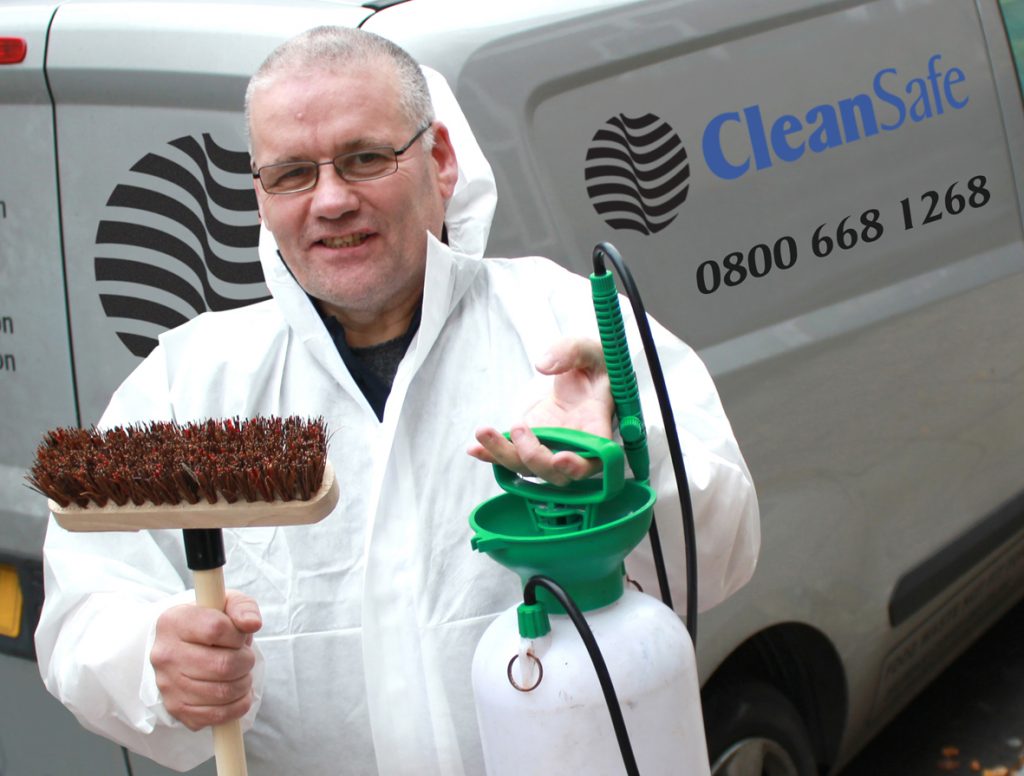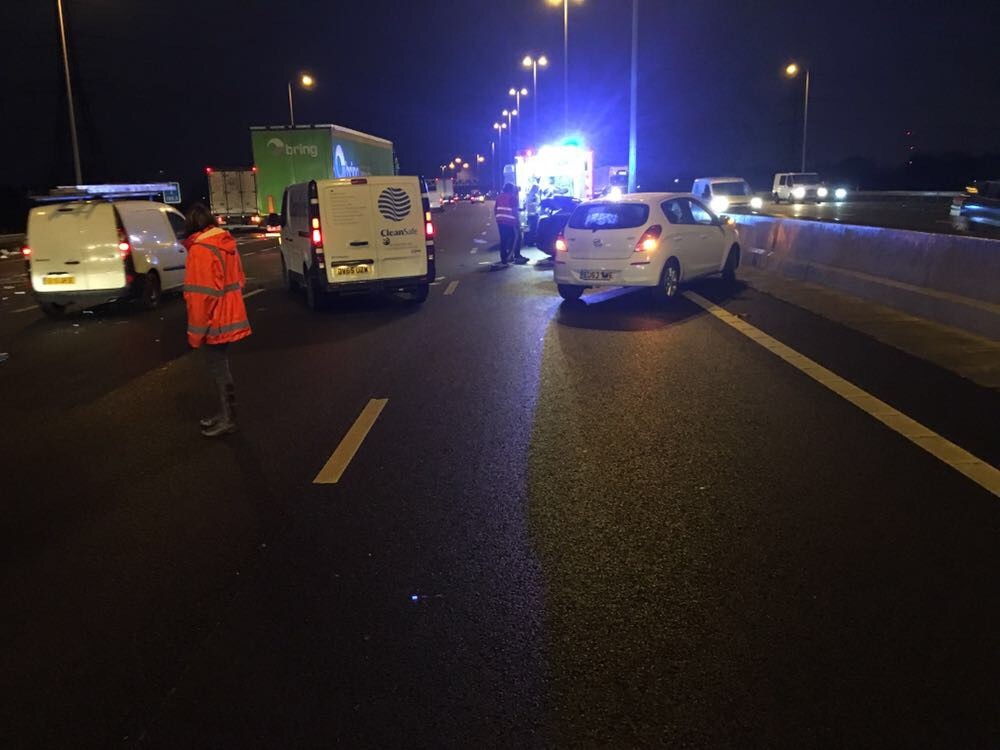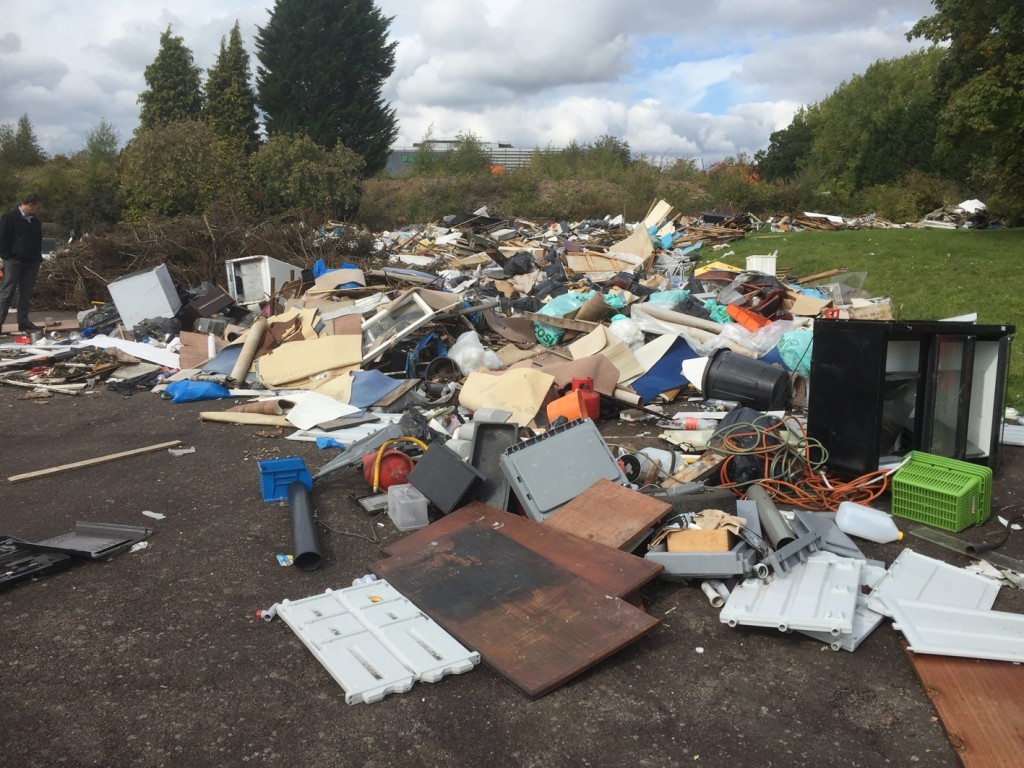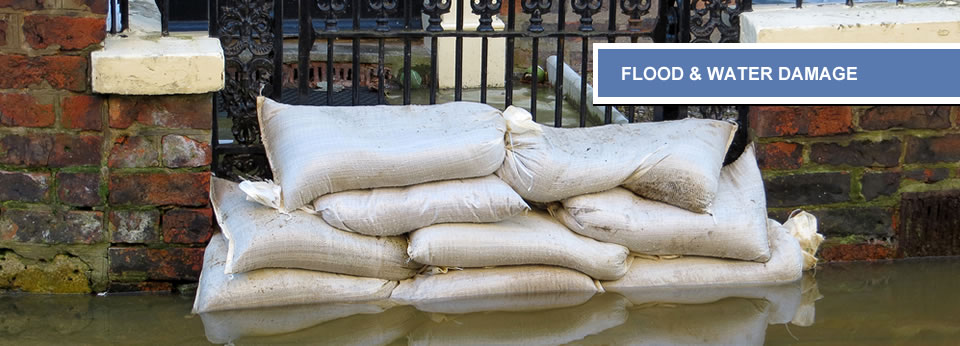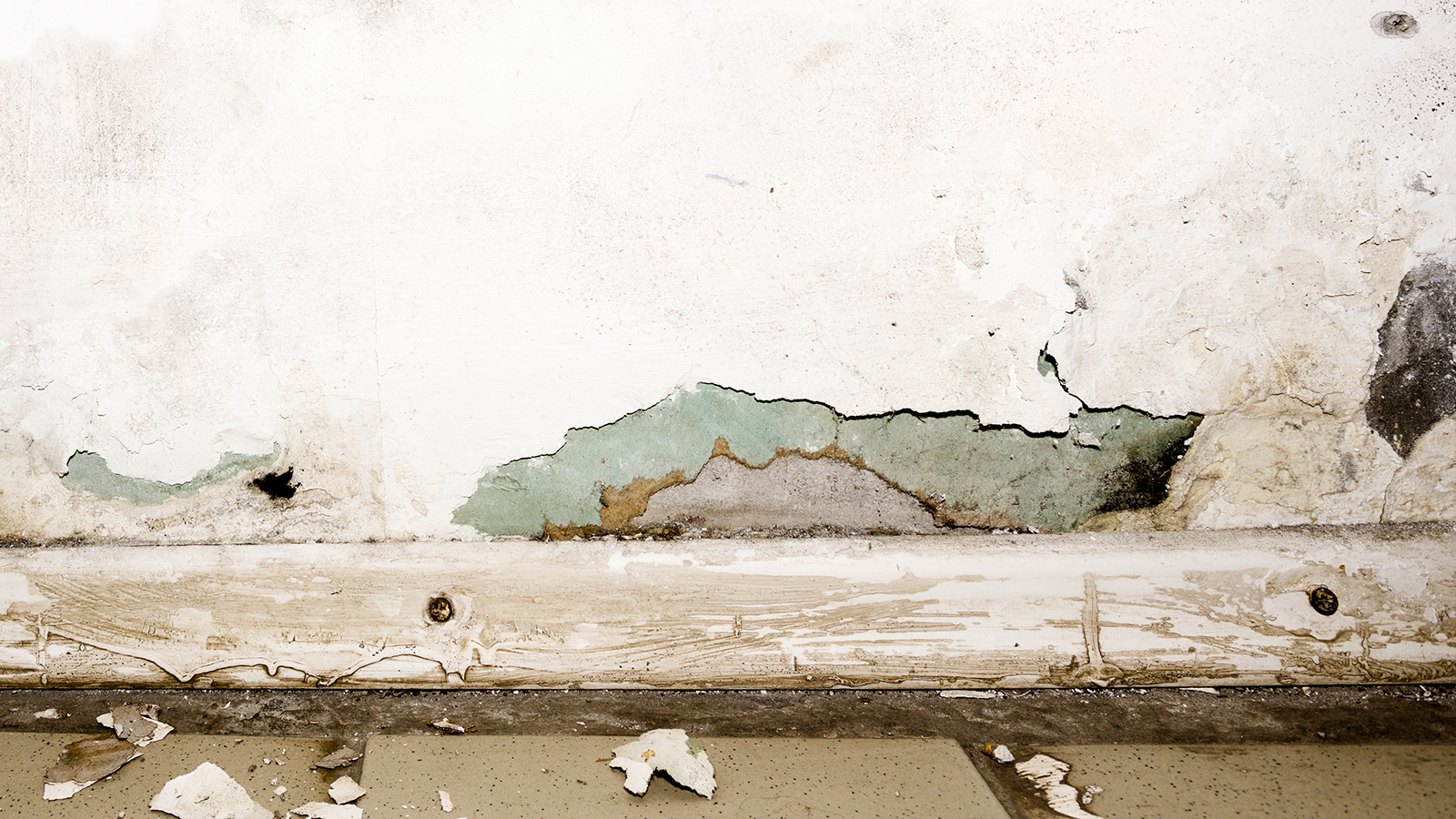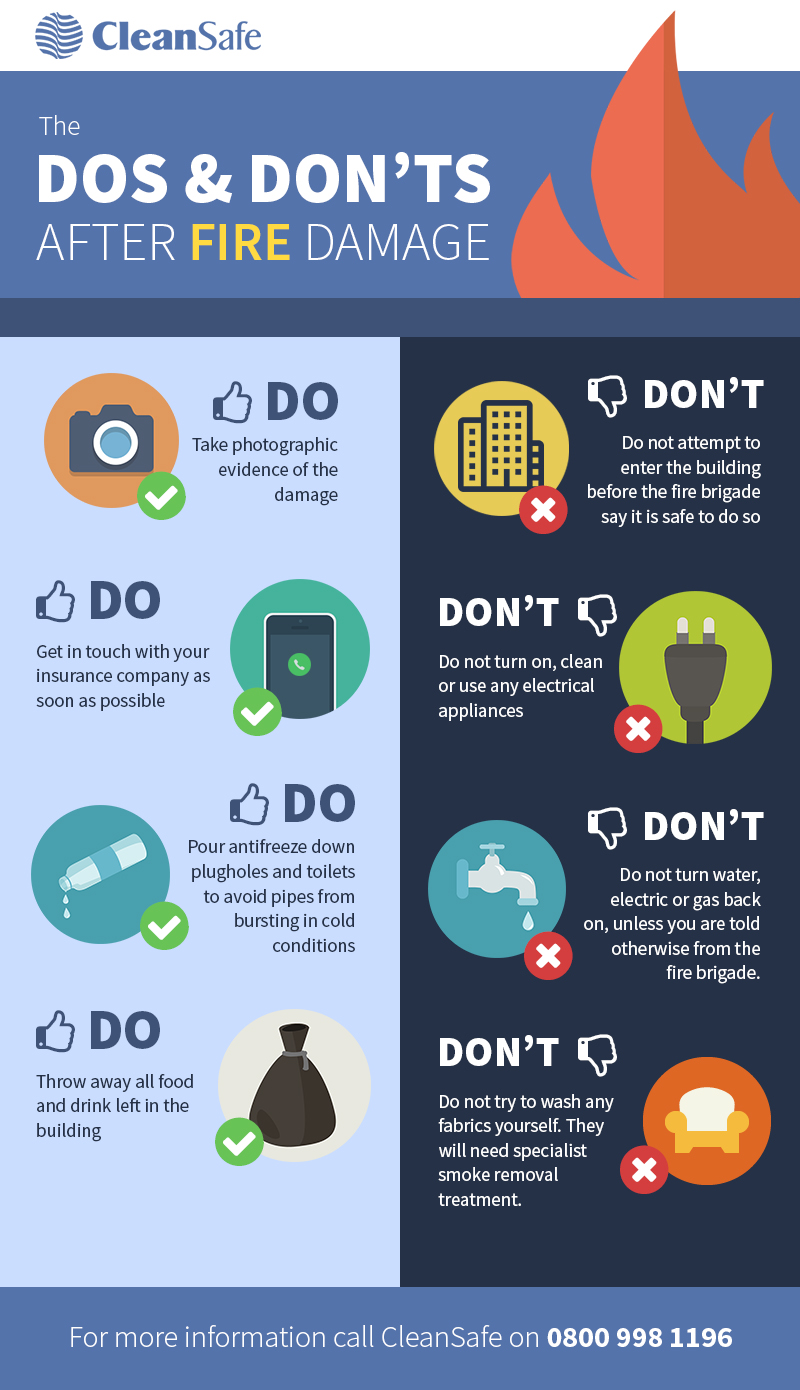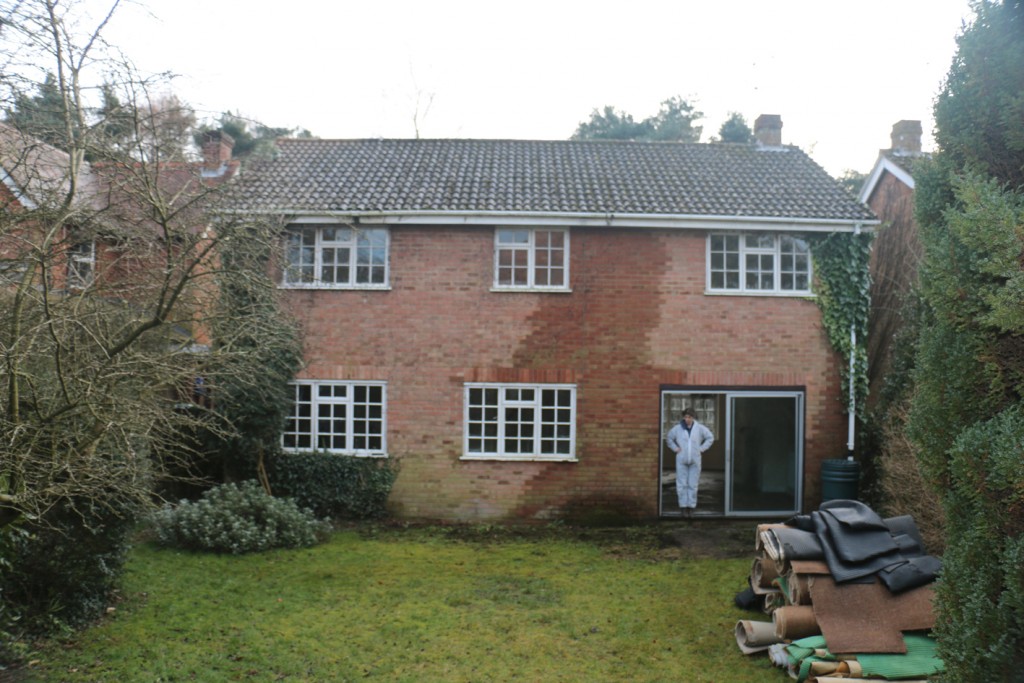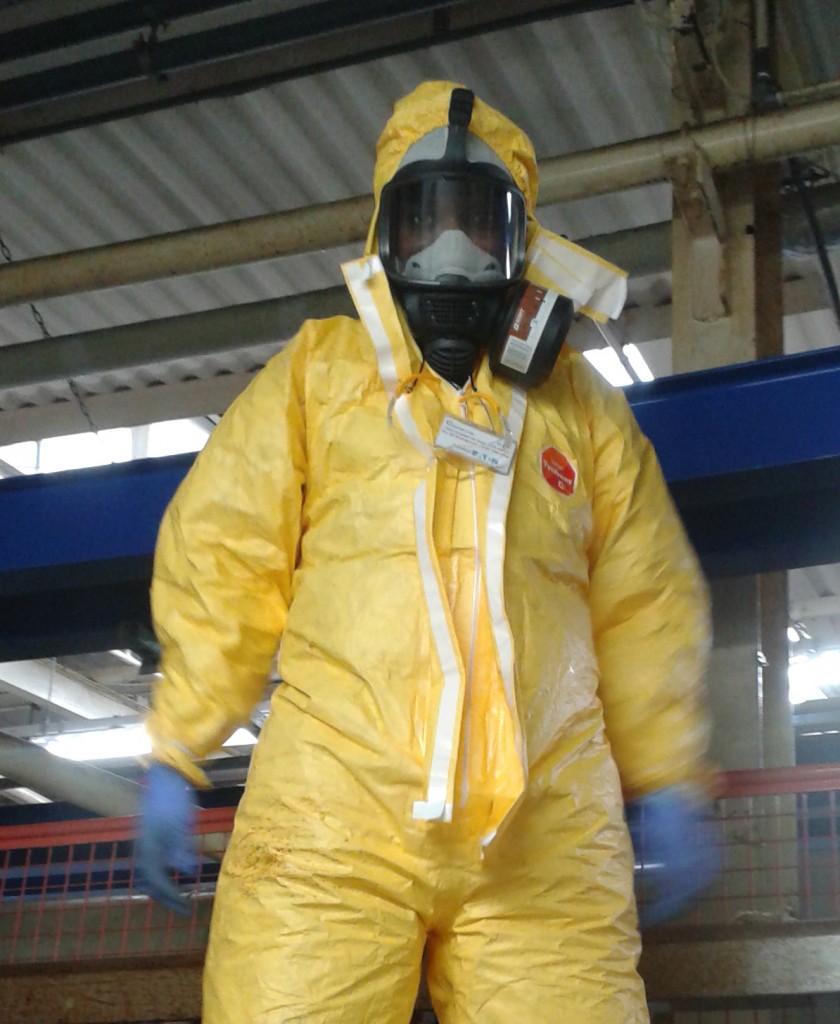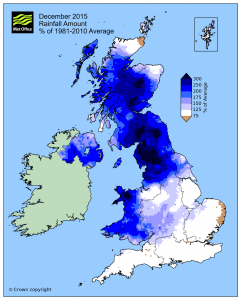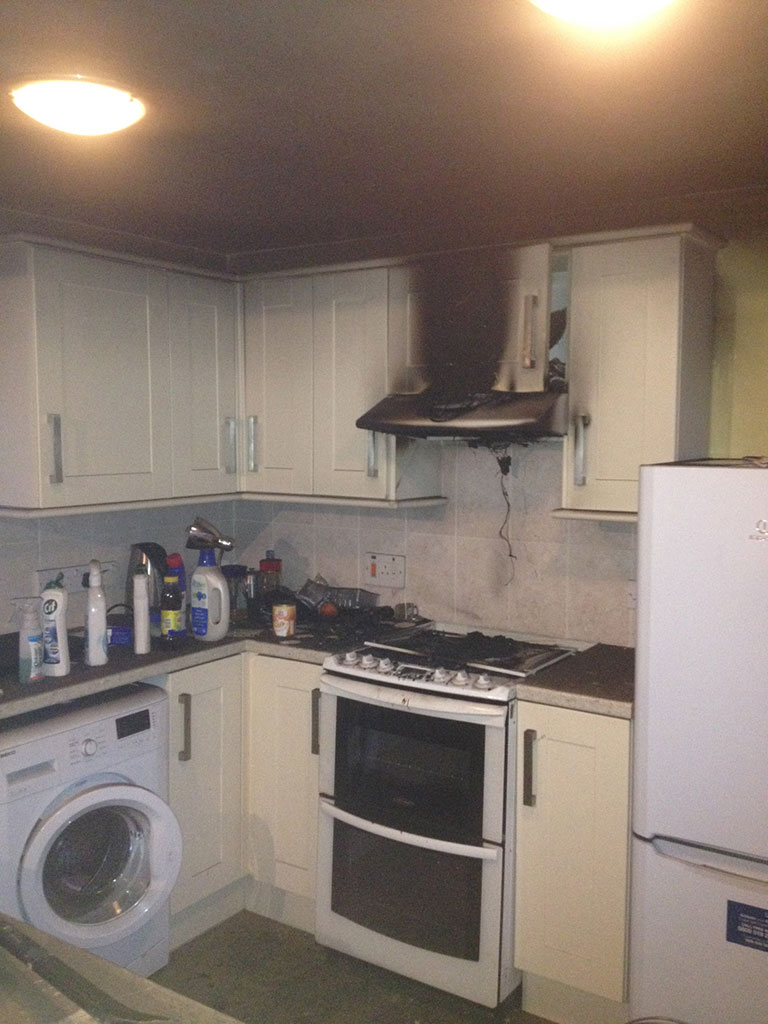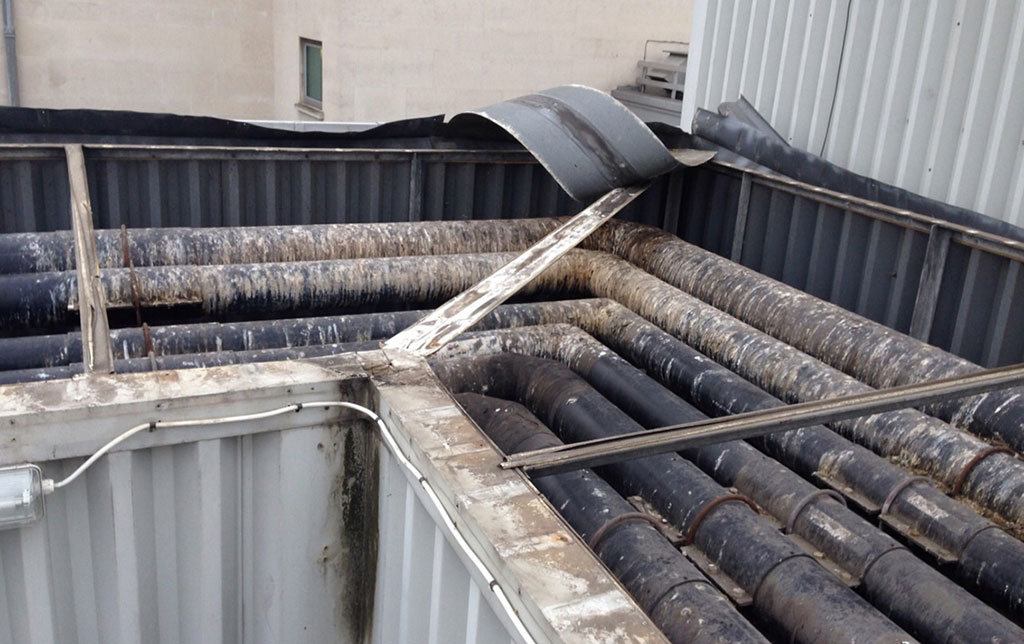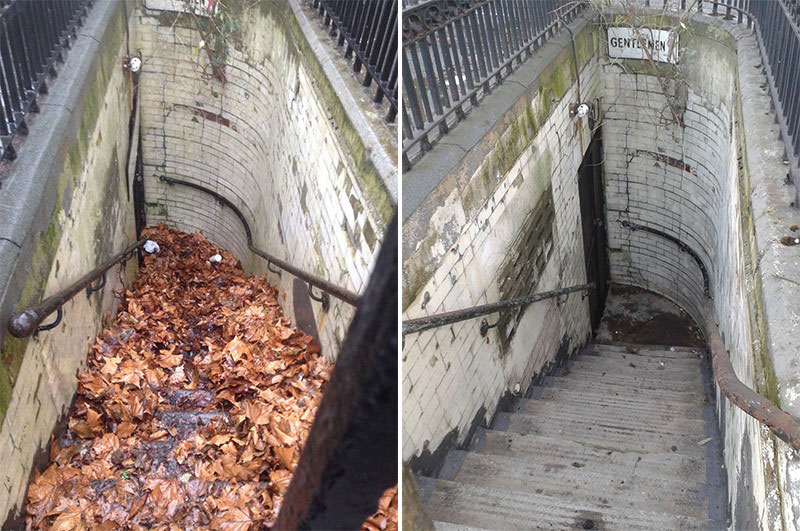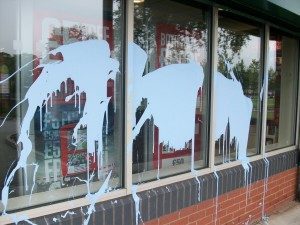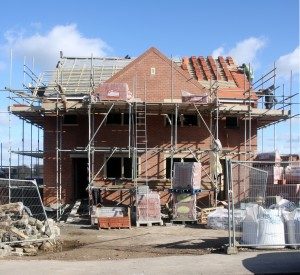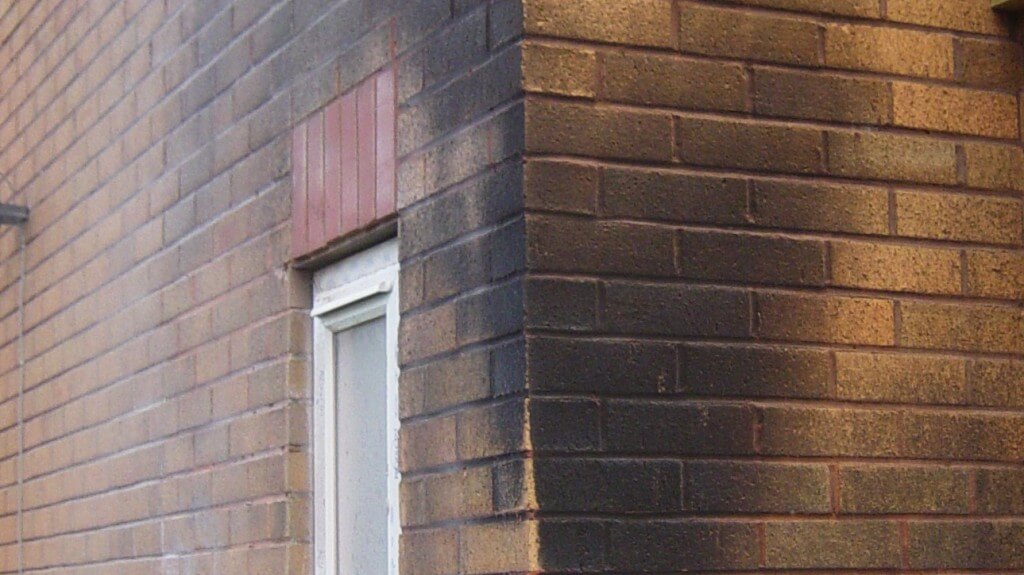When it comes to ensuring that you meet Health and Safety regulations, it’s likely that you have a group of go-to employees or contractors that you can trust to carry out the proper protocol on day-to-day projects. But what happens when you face an emergency? Would you know which contractors to choose, and if not, could you put your company at risk of a Health and Safety fine?
Earlier this year, we learnt that UK Health and Safety fines had tripled under new sentencing guidelines – with a record 19 businesses hit with fines of £1m or more.*
In 2016, a record 19 UK businesses were hit with fines of £1m or more
Luckily, we’ve compiled our 5 top tips to help you find the right contractors to help with the clean-up, and avoid fines in an emergency.
1. Establish a clear process
Having a clear plan for a flood, fire, sewage leak, crime or other type of emergency will help you to take action quickly, and make sure that you’ve covered all bases. This includes knowing which contractors to call so that you don’t have to waste precious time finding the right people.
You can download a Flood Plan template from knowyourfloodrisk.co.uk, or check out what to do after a fire at http://www.london-fire.gov.uk/AfterAFire.asp.
2. Work quickly
Fire, flood, sewage or crime cleaning can become more complex, hazardous, and expensive to treat the longer it’s left – meaning every minute counts. Choosing a contractor that offers 24/7 emergency response means you can begin the clean-up process before things go from bad to worse.
3. Choose a specialist
Emergency cleaning requires specialist knowledge and equipment that a standard domestic or commercial cleaner cannot provide. It may involve disposing of hazardous waste and making sure that unseen toxic residues are completely removed so that they don’t cause longer-term problems.
4. Look for accreditation
Accreditation from leading bodies such as CHAS is the best indicator that your contractor has met the highest standards of health and safety – all you need to do is make sure they have the certificates to prove it.
5. Trust testimonials
If your contractor can show evidence of working successfully with companies like yours, then you can be confident that they will be able to handle your emergency and communicate well to get the job done quickly
Do you know who you’d call in an emergency? If you’d like more information about CleanSafe’s specialist flood, fire, sewage, crime scene and other types of emergency cleaning services, visit our specialist cleaning page or give us a call today on 0800 668 1268.
*According to a report by IOSH and law firm Osborne Clarke.
“It’s all about providing individuals and commercial organisations with peace of mind. They know they can get on with other aspects of recovery, while we concentrate on the cleaning duties.”
Jane Robertson, CleanSafe Account Manager
Find out how we help return properties to a safe condition after fire damage here.


